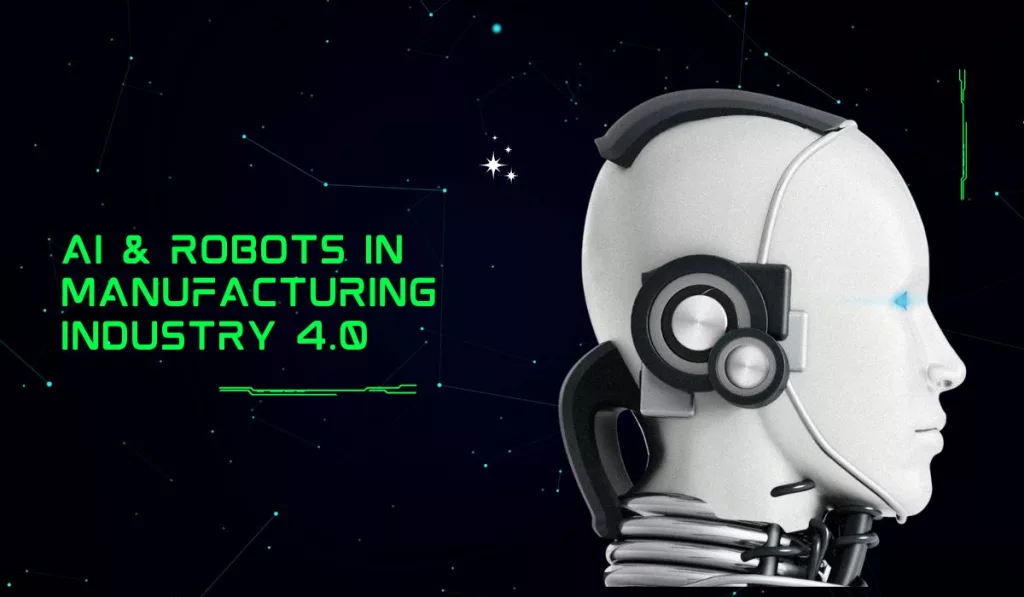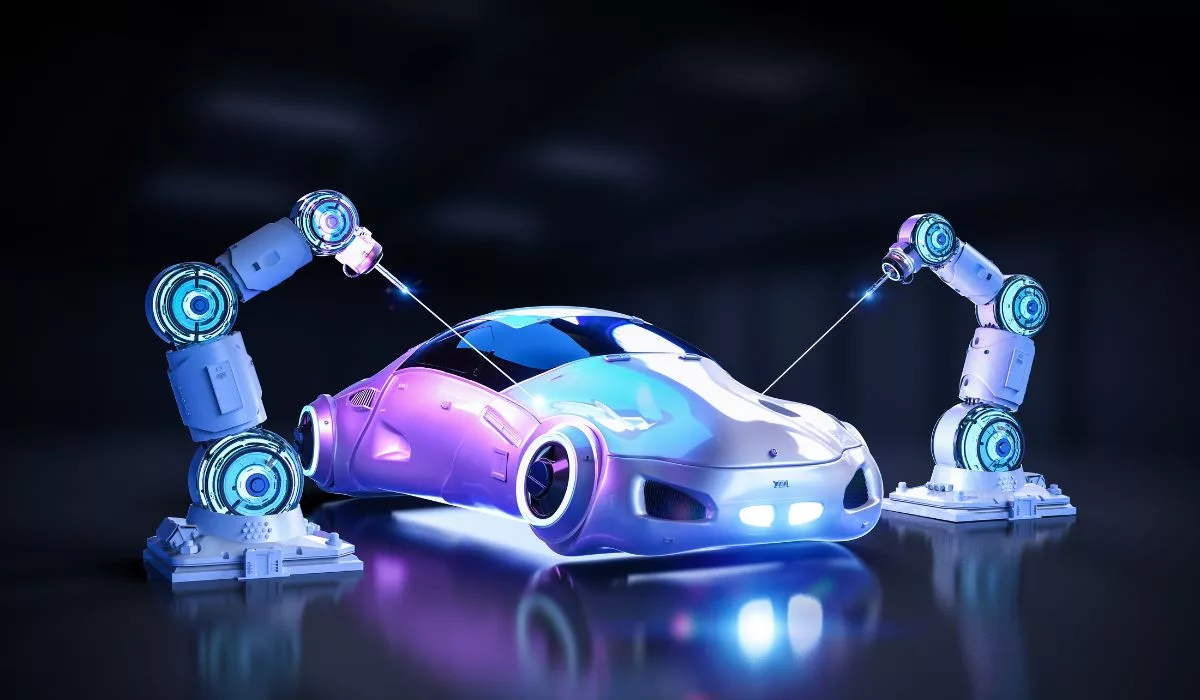
Many CNC machining services and other specialisms within the UK engineering sector are feeling the pinch in recent years when it comes to the potential numbers of employees available. There is a serious shortfall in skills in the country, and the manufacturing industry is looking at ways in which it can evolve and thrive in the future. Some ways in which this can be achieved is through an increase in apprenticeships, graduate schemes, and education from a young age that promotes a higher general understanding of engineering and manufacturing skills, whilst alongside that there should be a view to using AI and robotics to create a new vision for manufacturing.
Also read: 3D Modeling for Design Development and Manufacturing
Could AI and Robotics make up the shortfall of skilled workers?
There is a definite shortage of skilled workers within the engineering and manufacturing sectors in the UK. This has been apparent for several years now, due to short-term thinking, rising tuition fees, and a general strain and stagnation of wages across all sectors. Instead of thinking long-term, most companies have looked for short-term measures to fill immediate roles, rather than thinking of how to change things for the better long-term and attract new generations in a different way to how recruitment was previously tackled. This has led to the industry being weakened in the UK, at a time where it has become harder to attract employees from other parts of the world due to a range of factors.
Although there are still ways in which the government and the industry itself can address the long-term issues with the skills shortage and numbers of people coming into the industry. Alongside the functional, educational, and societal changes that could help bring more people into the industry, the use of robotics and AI should not be dismissed. Embracing the greater use of robots within manufacturing and engineering doesn’t necessarily mean the end of human involvement, just that we can maximise the potential of all aspects of a business and operation by using both.
The Benefits of Robotics Within Manufacturing
The biggest benefit that business owners want to see is that robotics will actually improve processes within manufacturing and increase efficiency across the board. Through the automation of certain manufacturing processes, there is an increase to be found in efficiency. In simple terms this can be seen best in the fact that robots do not need breaks, they can be programmed to keep working for as long as you need them to within reason. They can also carry out specific tasks with smaller margins for error than human performance generally delivers.
Robotics and AI can also be used effectively for tasks that require steadiness that isn’t always possible from humans, especially consistently. These handling and moving of materials, plus tasks that might be dangerous for humans to take on, can be moved to automation to improve the overall manufacturing process, increase safety standards for the human element of your workforce, and cut costs.
Finding the right balance between robots and humans
Whenever there is talk of robotics and AI coming into any industry there is widespread panic that it means the end of employment for thousands or even millions of people. You often see talk of manufacturing embracing robotics to a point where millions of UK residents working in the industry could become obsolete over the next few decades. In the US though, you can see examples of how you can find a good balance between robots and humans that is beneficial to the industry as a whole without decimating the workforce.
What Trends Say?
Studies in the US have found that those areas where there has been a reliance on robots within production lines have ended up being less effective and suffering from increased waste and downtime. The sweet spot may be around an 8% reduction in a workforce, due to the adaptability that humans show in any situation, redeployed wherever necessary within different areas of a production line, whereas with robotics this can take time and reprogramming. The modernisation of the manufacturing process is always something that needs to be approached with care. Every industry evolves over time, looking to boost safety standards and cut production costs. The impact of robotics and AI has yet to be fully seen, but it will be part of the discussion, so businesses in the UK cannot afford to be left behind.
Final Summary
What this all means is that the engineering and manufacturing industry shouldn’t be scared of embracing robotics and AI but there should be care taken to not eradicate the human workforce entirely in favour of technology. Even as technology significantly improves year upon year, it is no match for that human touch, the flexibility and adaptability that humans bring to any business, whether it’s a precision engineering company, a CNC machining company, or any other manufacturing company looking to enhance its services.





[…] Also read: The Birth Of The New Manufacturing Industry 4.0 – Automation AI And Robotics […]